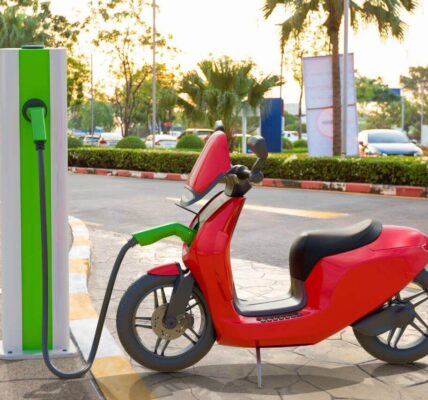India’s Transition To EVs Will Require $266 Billion Investment Over Next Decade: Report
India’s Electric Vehicle (EV) transition will require a cumulative capital investment of $266 billion, around Rs 19.7 lakh crore, in EVs, charging infrastructure, and batteries over the next decade, according to a new report by Niti Aayog and Rocky Mountain Institute (RMI).
The report “Mobilising Finance for EVs in India” highlights the role of finance in this transition and identifies a market size of $50 billion, around Rs 3.7 lakh crore, for the financing of EVs in 2030 — about 80 per cent of the size of India’s retail vehicle finance industry, estimated to be worth Rs 4.5 lakh crore.
“The need of the hour is to mobilise capital and finance towards EV assets and infrastructure,” said Amitabh Kant, CEO, NITI Aayog. “As we work to accelerate domestic EV adoption and push for globally competitive manufacturing of EVs and components such as advance cell chemistry batteries, we need banks and other financiers to step up to lower the cost and increase the flow of capital for EVs.”
India’s EV ecosystem has so far focused on overcoming hurdles to adoption associated with technology cost, infrastructure availability, and consumer behavior. Financing is the next critical barrier to accelerate India’s electric mobility transition.
End users currently face several challenges such as high interest rates, high insurance rates, and low loan-to-value ratios. The report proposes ten solutions. “Reengineering vehicle finance and mobilizing public and private capital will be critical to accelerating the deployment of the 50 million EVs that could be plying on India’s roads by 2030,” said Clay Stranger, Senior Principal, RMI.
The solutions include financial instruments such as priority sector lending and interest rate subvention. Others are related to creating better partnerships between original equipment manufacturers (OEMs) and financial institutions by providing product guarantees and warranties.







